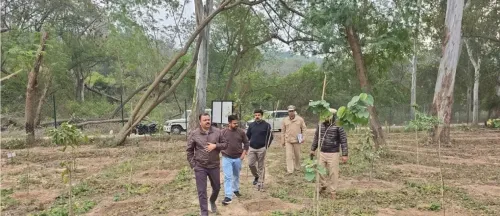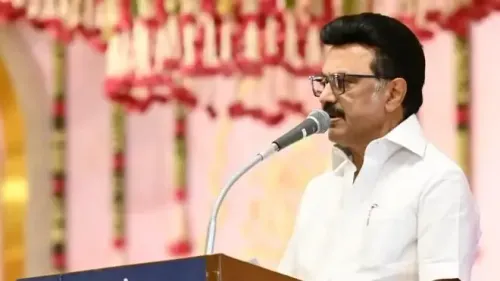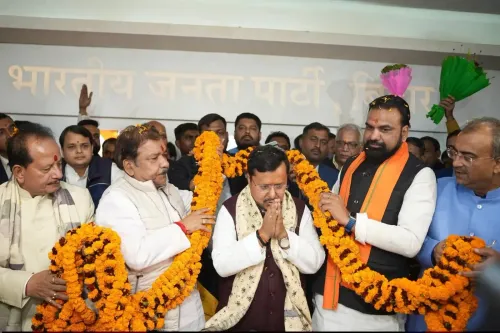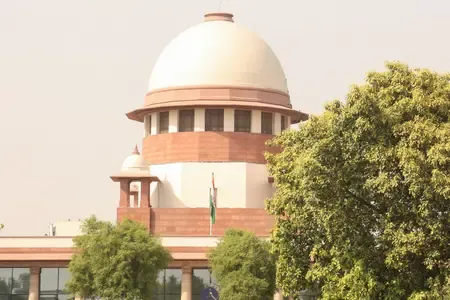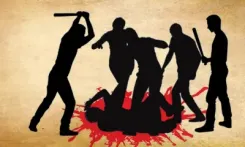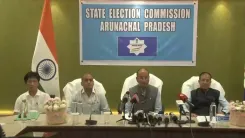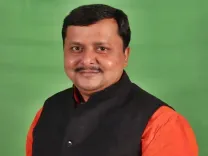Should the Government and Parliament Decide on the Opposition's Call for a Special Session Regarding the Pahalgam Attack?
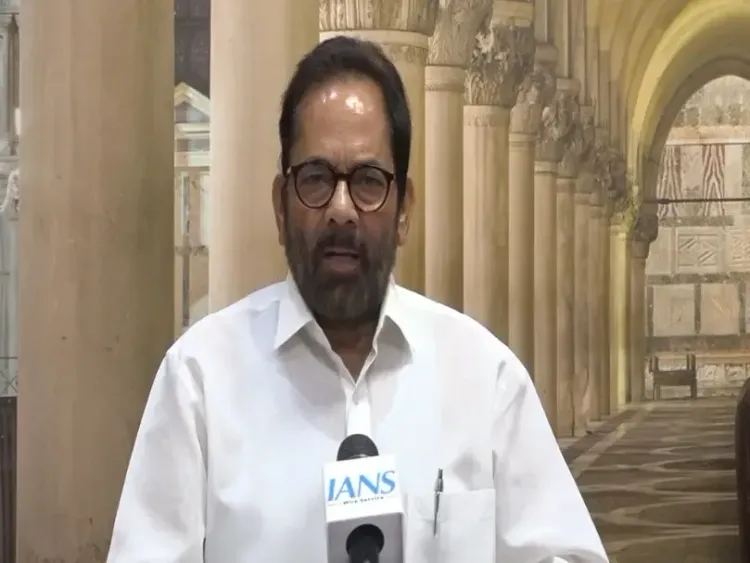
Synopsis
Key Takeaways
- Mukhtar Abbas Naqvi asserts that the decision for a special session is a government prerogative.
- The Pahalgam terror attack resulted in 26 casualties.
- Historical context shows special sessions are not typically called in direct response to terror incidents.
- Naqvi stresses the importance of national unity in the face of terrorism.
- Political distractions can undermine efforts to combat terror.
New Delhi, April 29 (NationPress) Senior BJP figure Mukhtar Abbas Naqvi on Tuesday reacted to the Opposition’s request for a special parliamentary session, emphasizing that such a determination is exclusively in the hands of the government and Parliament.
His comments arose after Congress President and Leader of the Opposition (LoP) in the Rajya Sabha, Mallikarjun Kharge, sent a letter to Prime Minister Narendra Modi regarding the matter.
Kharge called on PM Modi to convene a special session of Parliament to discuss the repercussions of the horrific Pahalgam terror attack on April 22, which sadly resulted in the loss of 26 lives.
In an interview with IANS, Mukhtar Abbas Naqvi expressed firm backing for the government’s position on national security.
“PM Modi is spearheading a determined effort to eradicate the foes of humanity — those who propagate terror and violence. This mission transcends individual or party lines. The entire nation has stood together in spirit to dismantle the apparatus of crime and brutality. From every corner of the country, there resonates a unified demand — those behind these acts must face justice,” he stated to IANS.
Naqvi also voiced concern over certain political elements he perceives as undermining this united resolve.
“It’s disheartening that, even today, there are individuals who attempt to propagate the illusion of peace from a foundation tainted by terror. The territory that once stood for chaos has now succumbed to terrorism, and the Pakistani leadership is entirely accountable for this transformation,” he added.
On the topic of the Opposition’s call for a special session, he remarked, “This isn't merely about precedent or political theatrics. The authority to summon a special session rests solely with the government and Parliament. Frankly, I cannot recall any moment in our history when such a session has been called directly in response to a terror attack or a perceived war-like scenario within the country.”
Naqvi detailed historical instances when special or joint parliamentary sessions were convened, highlighting their unique contexts.
“To date, approximately a dozen special sessions have occurred. The inaugural one was in 1947, following our Independence. Another took place in 1962 shortly before the war. The 1972 session celebrated 25 years of freedom, while the sessions in 1991 and 1992 were part of our golden jubilee commemorations.
“The 1997 session focused on India's development journey. In 2008, the UPA government faced off against the Left, leading to another session. In 2012, we celebrated Parliament’s 60th anniversary. The 2015 gathering was dedicated to the Constitution, and the 2017 session revolved around GST reforms. More recently, in 2023, a session was held to inaugurate the new Parliament building,” he recounted.
He also referenced joint sessions, “In 1961, one was called to discuss dowry laws; in 1978, banking reforms were on the agenda; and in 2002, reservations were debated. None of these were reactions to wartime situations — such has never been our parliamentary tradition.”
Naqvi further reaffirmed the necessity of national unity.
“At a moment when the nation stands firmly united against these violators of humanity, it is regrettable that some opt to detract from the core issue. They may demand evidence of atrocities, question our intentions, or even insinuate collusion.
“Such maneuvers are not only detrimental to the nation's morale but also counterproductive to our collective mission. Their inquiries may appear to stem from concern, but they serve neither the nation nor their own agenda,” he concluded.


